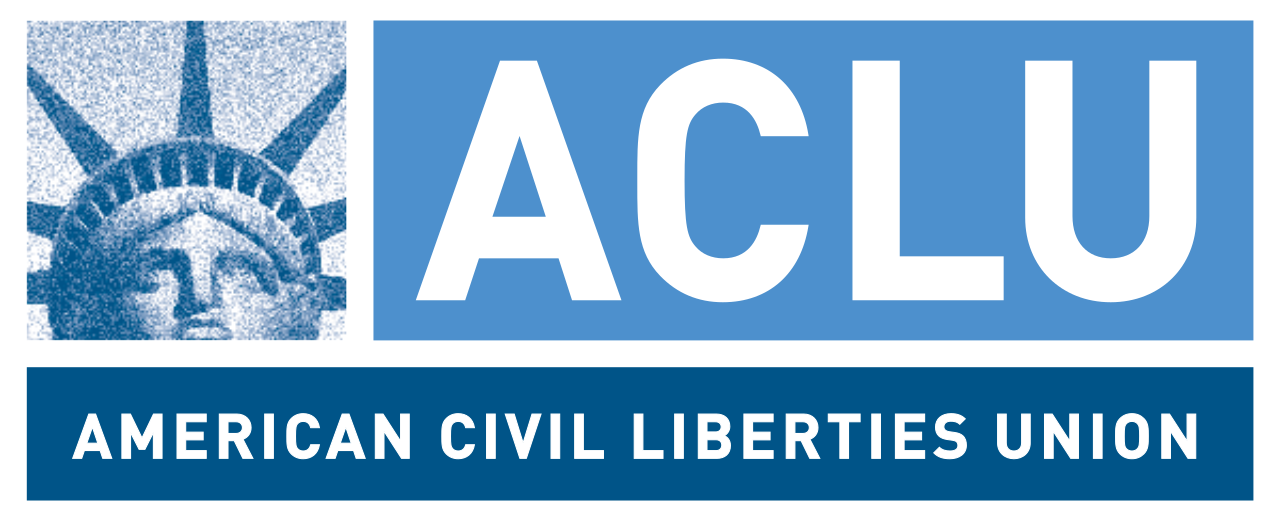Welcome to Fightdebt
Welcome to Fightdebt (Youtube) and YourLegalLegUp
Welcome to Your Legal Leg Up. Our channel on Youtube is @fightdebt. Please be sure to subscribe.
Welcome to Your Legal Leg Up.
Our goal is to help ordinary people who are facing debt problems now or trying to live down the effects of older debt problems. We want to help you protect what you have and build for tomorrow.
Debt Defense
We got our start in helping people defend against debt lawsuits brought by debt collectors. This is possible because debt collection is really a “factory” operation. The debt collectors find out practically nothing about individual cases before they bring suit, and in litigation they don’t like to spend any more time on them. Instead, they bring dozens, hundreds, or thousands (depending on the collector) of suits that are virtually identical. Because most people – we estimate somewhere between 80 and 95% of people – default or give up without paying any attention to the law suit whatever, the debt collectors really don’t need to do anything to rake in huge amounts of money.
And that’s what they do.
But the problem with that approach for them is that if you are willing and able to fight a little bit, they rapidly find it unprofitable to continue to fight with you. They make their money by collecting debts, not fighting them. We teach you to fight them in a way that increases the debt collector’s costs and improves your chances of winning. It takes some work, but your chances of winning are excellent.
Credit Repair
If you have had debt problems at one point, there’s a good chance your credit report is still suffering. And that means that good things are passing you by. You’re spending more for housing, insurance, and many other things, and there are some things you just can’t get – all because you have bad credit. You can fix that, and we can help. There are laws that help you get your credit report reviewed and straightened out, and there are practical ways to reconstruct your credit history so that you’re better off than you were before your debt problems.
Debt Negotiation
If you have debt collectors after you for a debt you can’t afford to pay, you must wonder whether there’s a way to make them go away without suing you. Of course, any one company can do whatever it pleases, but in general, the debt collectors can be brought to the table. They’ll negotiate, and you can get back on your feet without being sued. And without having to pay what you can’t afford.
Of course there are no free lunches, and anything you do to negotiate will cost you in various ways. We help you minimize those costs so you don’t pay more than you have to for less beneficial results. It’s all about making the best of a bad situation, and part of that means to keep it from getting worse. We can help.


